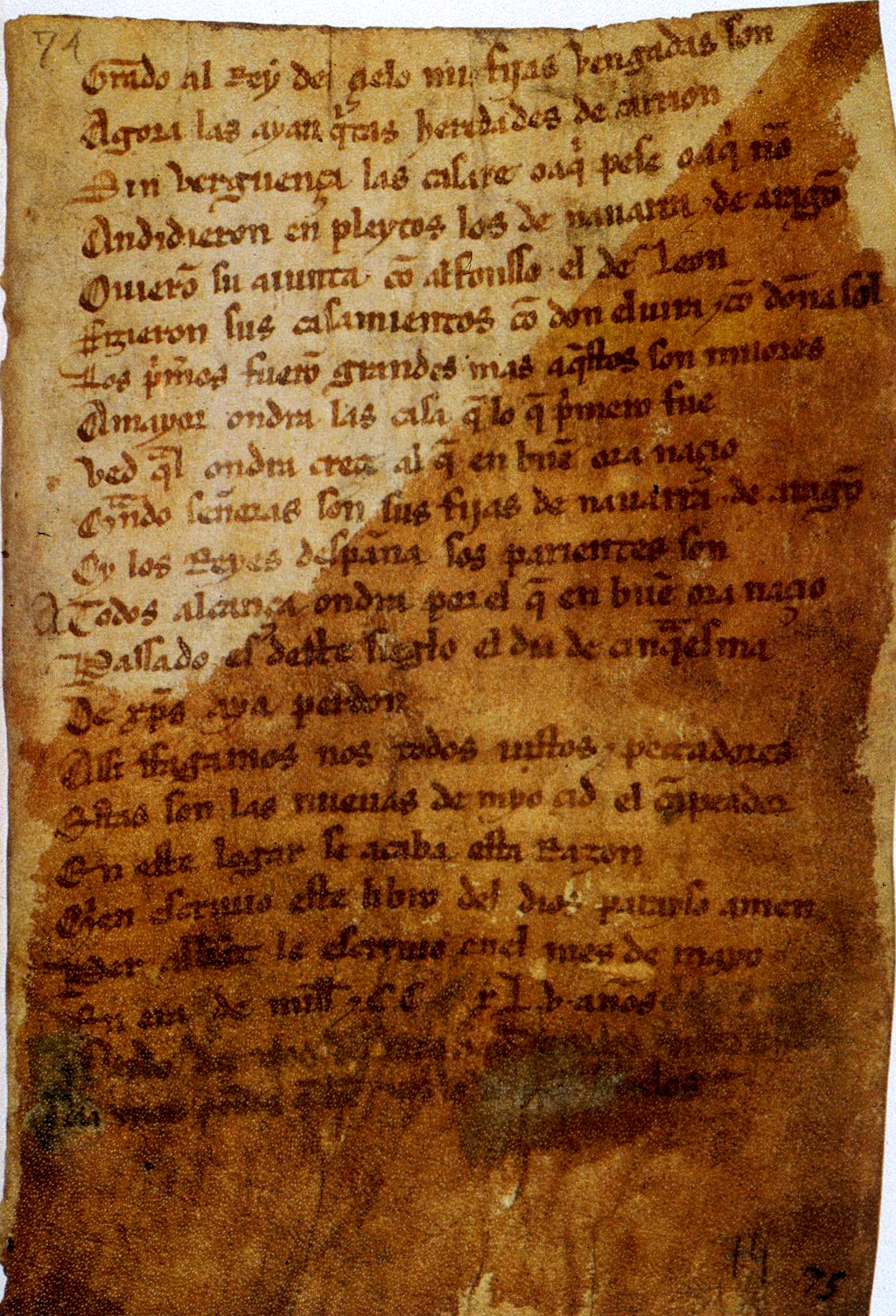Learning Spanish 101
- Introduction to Spanish
- Everyday Vocabulary
- Conversational Spanish
- Intermediate Grammar
- Travel Vocabulary
- Business Spanish
- Spanish Culture
- Advanced Grammar
- Spanish Literature
- Spanish in the Media
- Review and Practice
Intermediate Grammar
Introduction to Past Tenses in Spanish

Grammar.
Understanding the past tenses in Spanish is crucial for effective communication. This unit will introduce you to the two primary past tenses in Spanish: the Preterite and the Imperfect.
Preterite Tense
The Preterite tense is used to describe actions that have been completed in the past. These actions have a clear beginning and end.
Formation
Regular verbs in the preterite tense are conjugated as follows:
- AR verbs: -é, -aste, -ó, -amos, -asteis, -aron
- ER/IR verbs: -í, -iste, -ió, -imos, -isteis, -ieron
For example, the verb "hablar" (to talk) in preterite is: hablé, hablaste, habló, hablamos, hablasteis, hablaron.
Usage
The preterite tense is used to describe:
- Completed actions in the past: "Yo hablé con mi madre ayer" (I talked to my mother yesterday).
- A series of completed actions: "Me levanté, me duché y desayuné" (I got up, showered, and had breakfast).
Imperfect Tense
The Imperfect tense is used to describe ongoing or incomplete actions in the past. These actions do not have a clear beginning or end.
Formation
Regular verbs in the imperfect tense are conjugated as follows:
- AR verbs: -aba, -abas, -aba, -ábamos, -abais, -aban
- ER/IR verbs: -ía, -ías, -ía, -íamos, -íais, -ían
For example, the verb "comer" (to eat) in imperfect is: comía, comías, comía, comíamos, comíais, comían.
Usage
The imperfect tense is used to describe:
- Habitual or repeated actions: "Cuando era niño, jugaba al fútbol todos los días" (When I was a child, I used to play football every day).
- Descriptions of people, things, or conditions: "Era un día soleado" (It was a sunny day).
Differences between Preterite and Imperfect Tenses
The key difference between these two tenses lies in the nature of the actions they describe. The preterite tense is used for actions that are seen as completed, while the imperfect tense describes ongoing or incomplete actions in the past.
By understanding and practicing these tenses, you will be able to express a wide range of past actions and situations in Spanish. Remember, practice makes perfect, so keep practicing these tenses in different contexts to gain fluency.